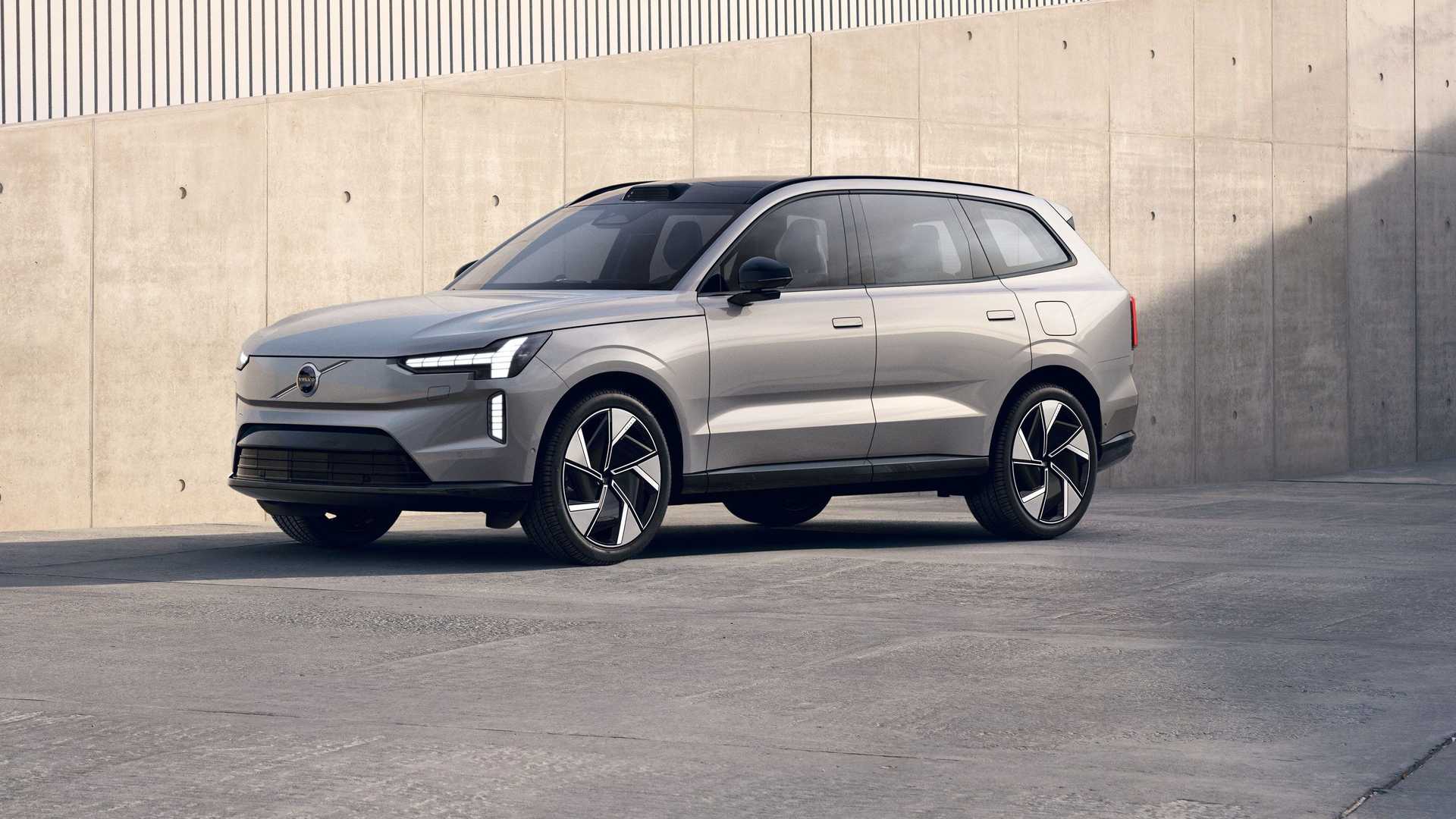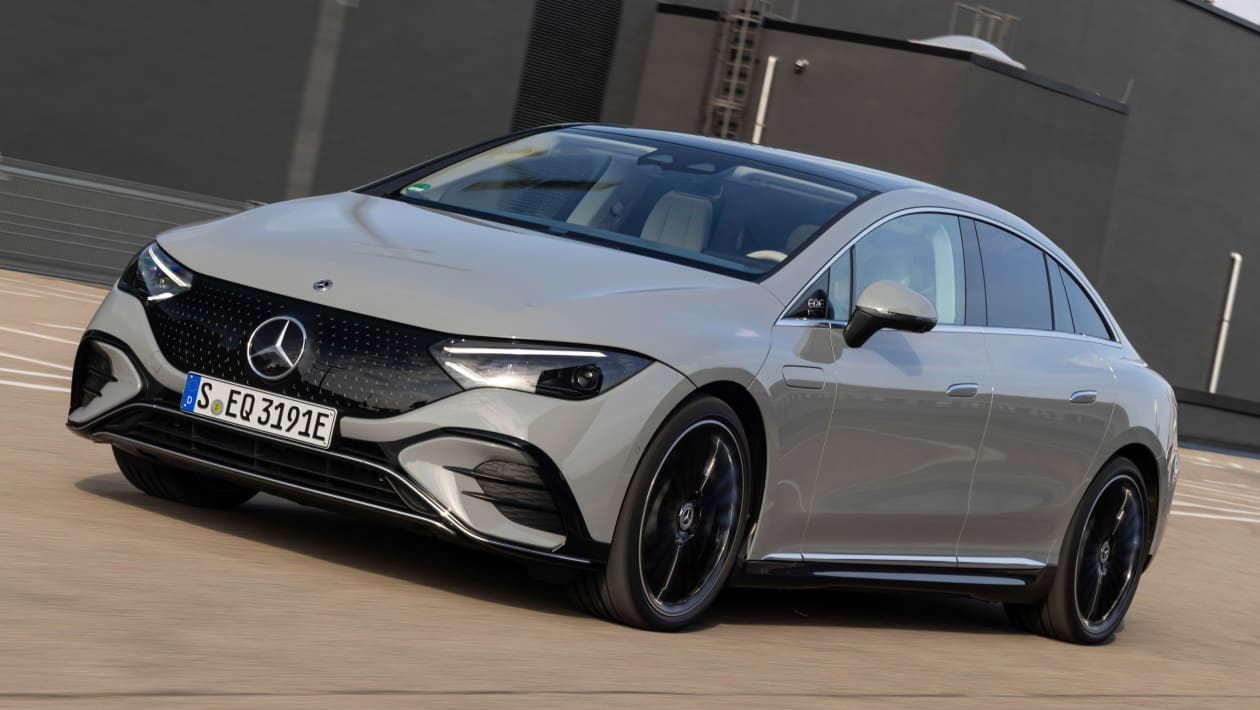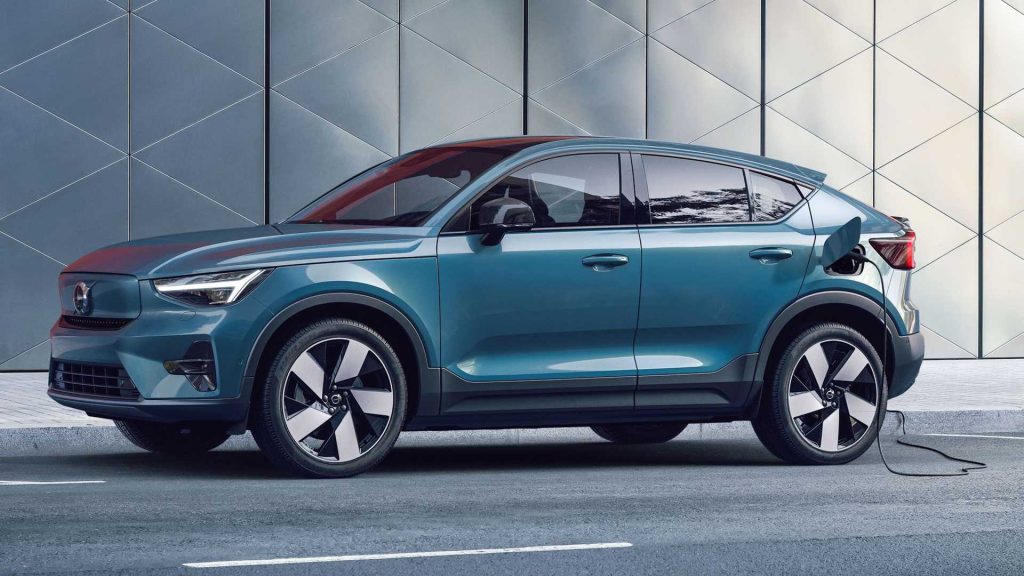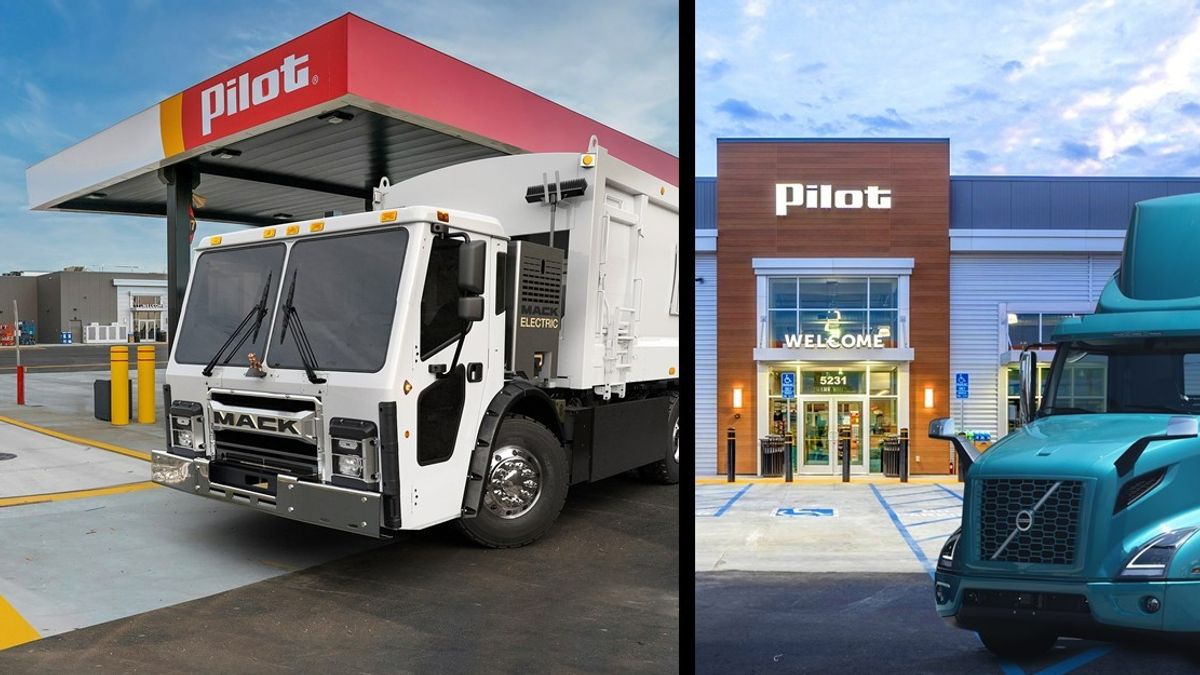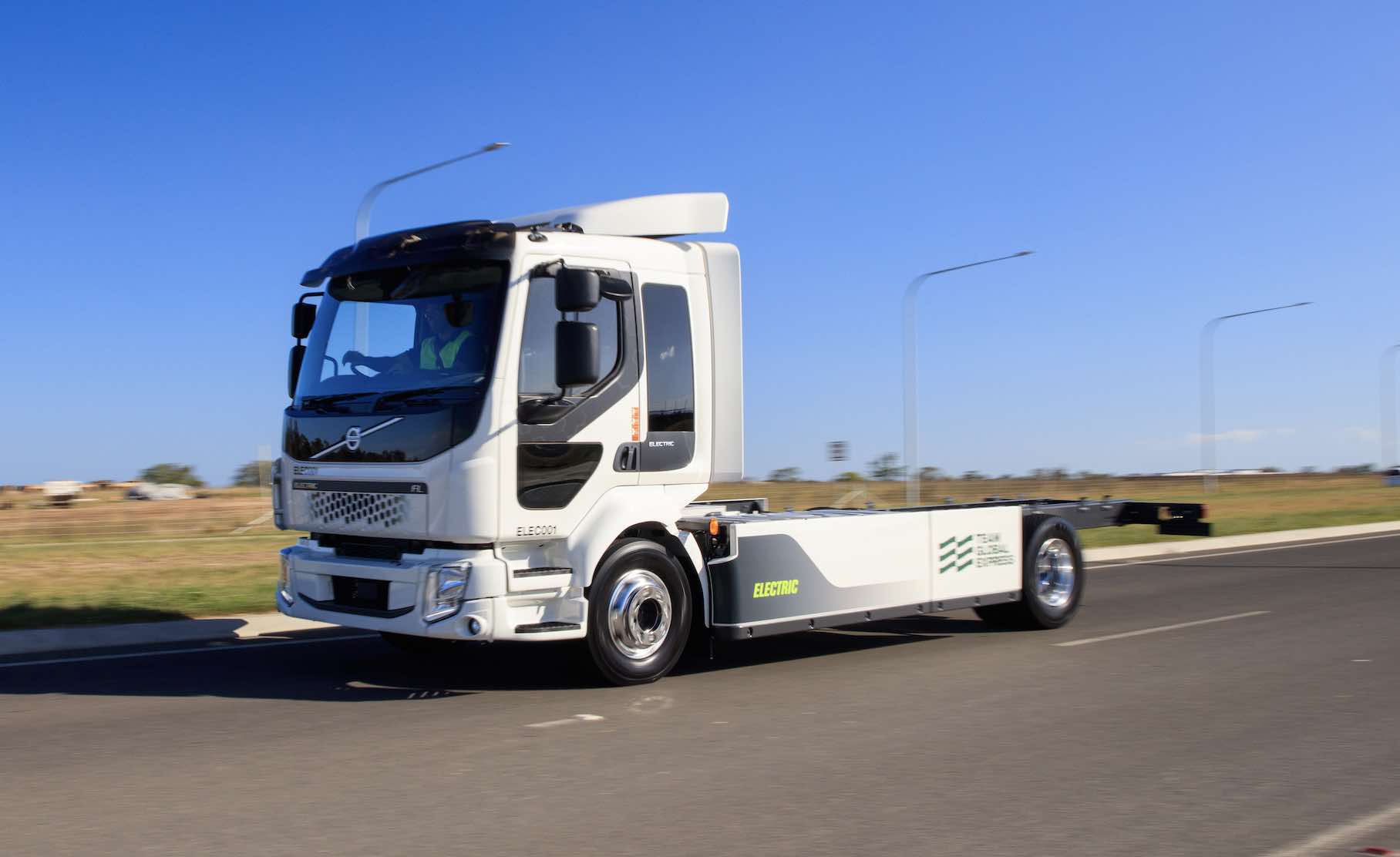Volvo CEO Jim Rowan believes that the price of electric vehicles will be the same as those of vehicles with internal combustion engines by 2025.
Rowan made the bold claim following the launch of the EX90 SUV, the company’s first EV built on a bespoke electric platform. A large number of other EVs are just around the corner and will play an important role in bringing the price down.
For years, the media and the electric vehicle industry have said that EVs will become cheaper as battery prices fall and manufacturing leads to economies of scale.
“We think we get [to price parity]… around 2025, where there’ll be enough technology that’s driving down cost on the battery,” Rowan told Auto News Europe. “Technology will drive range up. Less batteries, but more range, at less cost — we’ll get there.”
Volvo itself will produce exclusively electric vehicles at the start of the next decade. The Swedish manufacturer will roll out a small electric crossover positioned below the XC40 and C40 for a younger demographic.
Rowan also said that companies should not rely on government subsidies to succeed. They had to find a way to produce the EVs that people wanted and could afford.
The price of battery raw materials has soared over the last two years with battery prices having fallen by 80 to 90 percent over the past 12 years. The average price of an EV motorcycle will increase by 26 percent in 2021 and is expected to increase throughout 2022.
Volvo has always positioned itself as a premium brand allowing it to reach price parity faster than some mass market brands.
“In a segment that Volvo competes in, it’s definitely possible,” said Guidehouse Insights principal analyst Sam Abuelsamid. “In the more mainstream segments, you don’t have the margin headroom to work with.”
The key to helping Volvo achieve price parity is battery supplier CATL. The Chinese company’s lithium-iron phosphate package used by the Tesla Model 3 is a global leader in affordability, costing $131 per kilowatt hour. Volvo aims to bring this down to under $100 per kWh by 2025-2026.
Rowan also spoke about the Biden administration’s Inflation Reduction Act, noting that it will boost EV adoption and that companies will fully benefit from a $7,500 EV federal tax credit with future models.
“We will benefit [from the Reduced Inflation Act] when we get to the smaller SUVs that we will bring,” said Rowan, because it is targeted to “a demographic that has less household income because it is their first car.”

